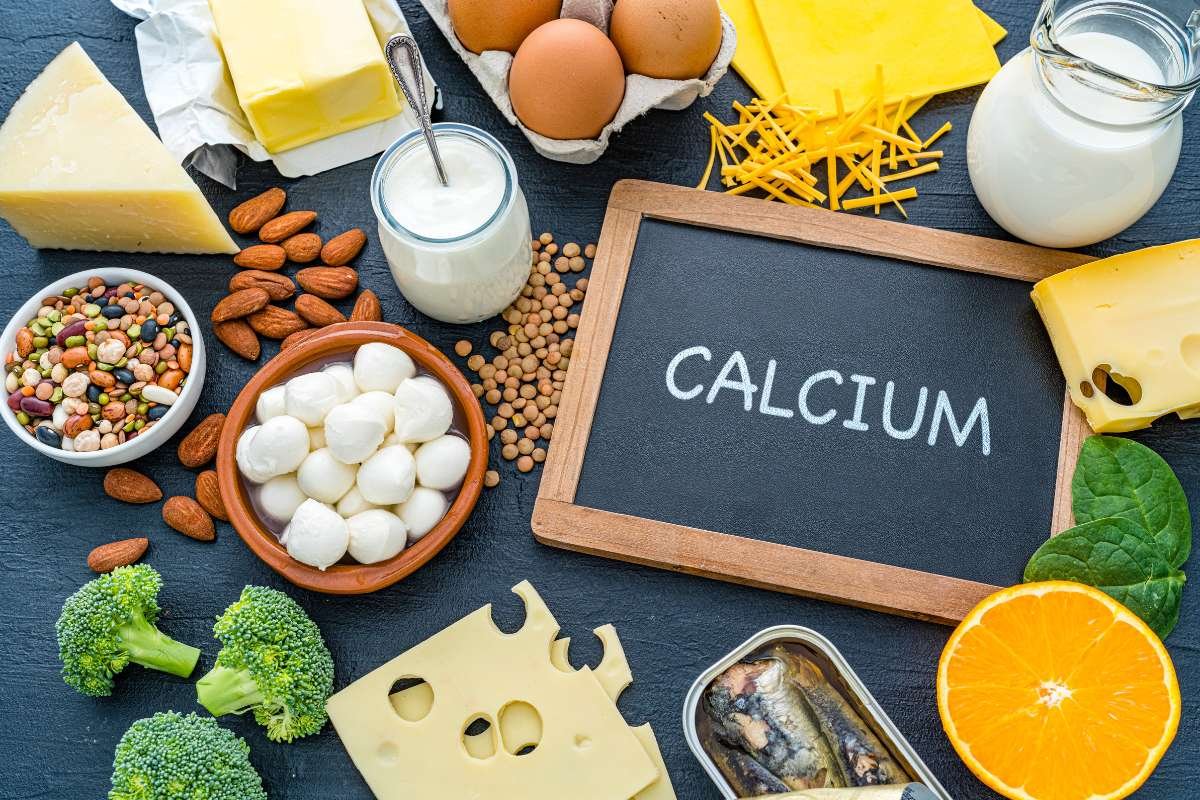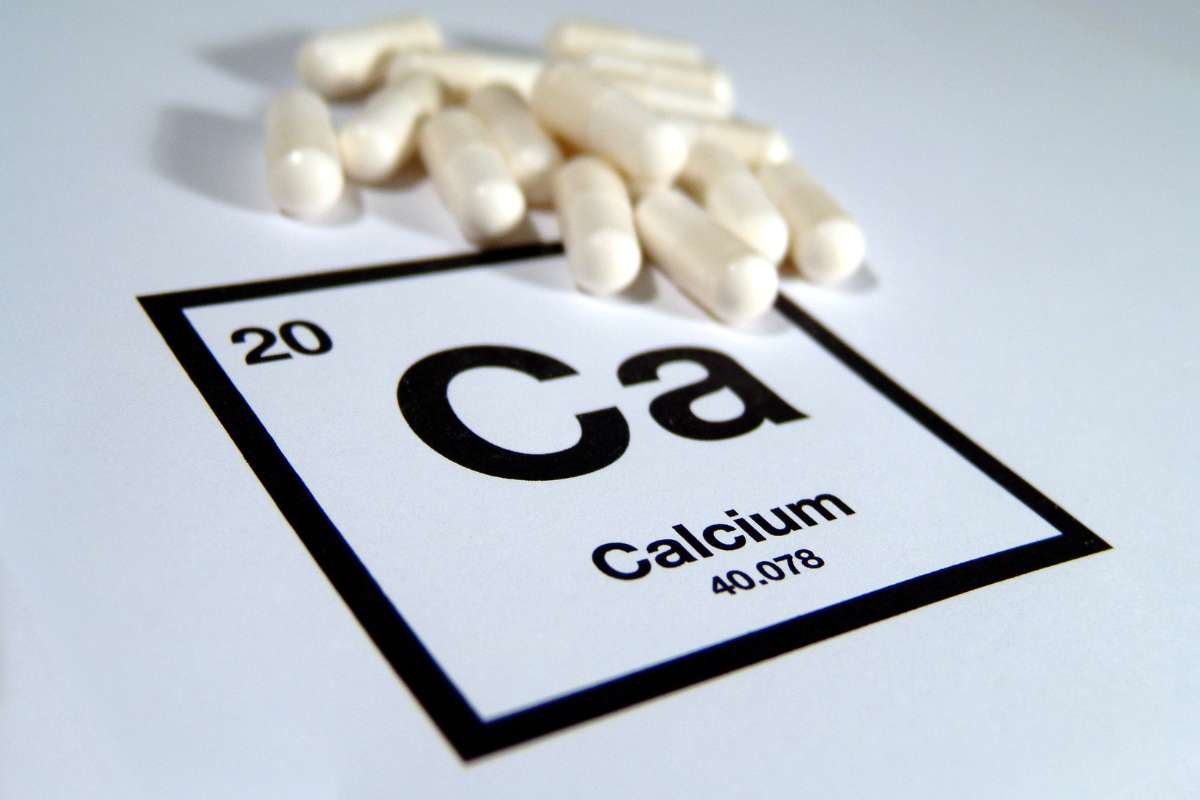How Much Calcium Is Too Much for Strong Bones and a Healthy Body?
- Get link
- X
- Other Apps

- Source: Image by fcafotodigital from Getty Images Signature
Ever tried pouring milk into your cereal and accidentally flooded the bowl? That’s what happens when your body gets more calcium than it needs: things get messy. Calcium is the superstar mineral for strong bones and teeth, but overdoing it is not a strength move. The big question is: How much calcium is too much? This guide breaks it down in simple terms, gives you age-wise safe limits, and shares what science says about calcium overload. By the end, you’ll know how to keep your bones happy without drowning them in excess.
How Much Calcium Is Too Much?
Calcium is essential, but too much can backfire. The recommended daily allowance (RDA) gives you a target to aim for, while the tolerable upper intake level (UL) tells you the maximum safe limit. Crossing that line is when “healthy” turns into “harmful.”
Too much calcium may cause:
- The constipation and stomach pain
- Kidney stones
- Heart problems due to calcium buildup in the arteries
- Interference with iron and zinc absorption
The National Institutes of Health (NIH) and Mayo Clinic agree that most people don’t need calcium supplements unless a doctor advises. Most diets already provide enough through dairy, fortified foods, nuts, and leafy greens. So, how much calcium is too much depends on your age.
Age-Wise Safe Calcium Intake
Here’s the official breakdown of recommended intake vs. maximum safe limit:
| Age Group | Recommended Daily Intake (RDA) | Maximum Safe Limit (UL) |
| Children 1-3 years | 700 mg | 2,500 mg |
| Children 4-8 years | 1,000 mg | 2,500 mg |
| Children 9-18 years | 1,300 mg | 3,000 mg |
| Adults 19-50 years | 1,000 mg | 2,500 mg |
| Men 51-70 years | 1,000 mg | 2,000 mg |
| Women 51-70 years | 1,200 mg | 2,000 mg |
| Adults 71+ years | 1,200 mg | 2,000 mg |
| Pregnant/Breastfeeding Teens | 1,300 mg | 3,000 mg |
| Pregnant/Breastfeeding Adults | 1,000 mg | 2,500 mg |
Signs You’re Getting Too Much Calcium

If you’ve crossed the safe line, your body might give you warning signs:
- Frequent urination
- Thirst that doesn’t go away
- Nausea and vomiting
- Bone pain or muscle weakness
- Fatigue
Doctors call this condition hypercalcemia. Left untreated, it can damage your kidneys and affect your heart rhythm.
Supplements and the “Hidden Calcium” Trap

Many people rush to calcium tablets, thinking “more is better.” That’s where problems start. Food already provides calcium, and supplements can push you past the safe zone. Also, fortified juices, cereals, and plant-based milks often add calcium, so you may be doubling up without realizing it.
When asking yourself how much calcium is too much, don’t forget the hidden calcium in your diet. Always check nutrition labels and only use supplements if a healthcare provider says so.
How to Balance Calcium Intake?
Here are some simple tips to stay in the safe zone:
- Eat whole foods first: Dairy, tofu, almonds, sardines, and greens give natural calcium.
- Spread it out: Your body absorbs calcium best in smaller doses, not all at once.
- Pair with vitamin D: Without vitamin D, your body can’t use calcium effectively. Sunlight and fortified foods help.
- Limit supplements: Don’t exceed 500-600 mg at once if you take tablets.
- Stay hydrated: Drinking water helps prevent kidney stones.
Who Should Be Extra Careful?

- Postmenopausal women: Often prescribed supplements, but at higher risk of kidney stones.
- Older adults: More prone to artery calcification if calcium intake is too high.
- People with kidney disease: Their bodies can’t clear excess calcium effectively.
For them, how much calcium is too much is a more sensitive balance. Always talk with a doctor before adding supplements.
Conclusion
Calcium is like WiFi; without it, nothing runs smoothly. But too much of it? Your body starts buffering with problems you don’t want. The truth is, how much calcium is too much depends on your age, diet, and health. Stick to the safe limits, keep an eye on hidden sources, and let your doctor guide you if you need supplements. Strong bones don’t need extreme doses; they need balance. So, treat calcium like seasoning: enough to make life stronger, but not enough to spoil the recipe.
- Get link
- X
- Other Apps
Comments
Post a Comment